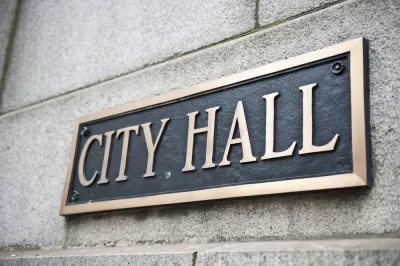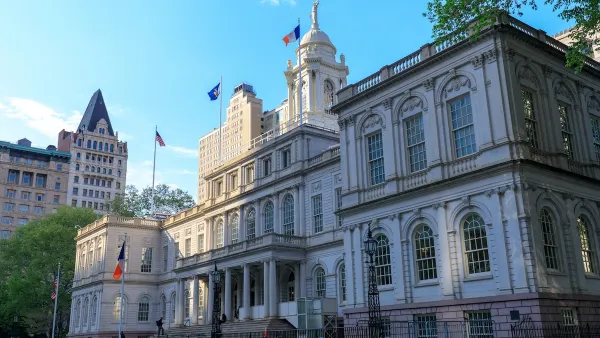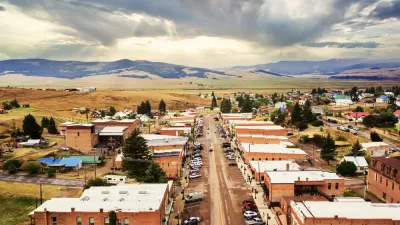City management models offer different benefits and drawbacks.

Alan Ehrenhalt, writing in Governing, describes the history of a little-known form of municipal government known as city commission government. Portland, Oregon, the only American city to use this management system, will now replace it with a “more conventional structure,” writes Ehrenhalt, using this as a jumping-off point for discussing the merits and drawbacks of different city management models.
Although city commissions are intended to “invest politicians with executive authority so that they would take government more seriously and to encourage voters to elect more capable candidates in the first place,” the problems with the model are easy to spot. “[The model gives] elected council members the authority to function as administrators of key city departments. You could win a place on the council and soon find yourself running the police department, even if (as was often the case) you didn’t know much about law enforcement.”
Nevertheless, the system paved the way for the city manager model common in many small cities and towns today. This system comes with its own flaws, such as how “city-manager government leaves no one in a position to serve as a public spokesperson and chief decision-maker.” Meanwhile, the strong-mayor system can lead to either success or corruption, depending on the people in office. As Ehrenhalt concludes, “A dedicated and shrewd public servant can make any system work — even a city commission — while a scoundrel or an incompetent can make any system fail.”
FULL STORY: Is There a Single Best Way to Manage a City?

Planetizen Federal Action Tracker
A weekly monitor of how Trump’s orders and actions are impacting planners and planning in America.

Congressman Proposes Bill to Rename DC Metro “Trump Train”
The Make Autorail Great Again Act would withhold federal funding to the system until the Washington Metropolitan Area Transit Authority (WMATA), rebrands as the Washington Metropolitan Authority for Greater Access (WMAGA).

The Simple Legislative Tool Transforming Vacant Downtowns
In California, Michigan and Georgia, an easy win is bringing dollars — and delight — back to city centers.

The States Losing Rural Delivery Rooms at an Alarming Pace
In some states, as few as 9% of rural hospitals still deliver babies. As a result, rising pre-term births, no adequate pre-term care and "harrowing" close calls are a growing reality.

The Small South Asian Republic Going all in on EVs
Thanks to one simple policy change less than five years ago, 65% of new cars in this Himalayan country are now electric.

DC Backpedals on Bike Lane Protection, Swaps Barriers for Paint
Citing aesthetic concerns, the city is removing the concrete barriers and flexposts that once separated Arizona Avenue cyclists from motor vehicles.
Urban Design for Planners 1: Software Tools
This six-course series explores essential urban design concepts using open source software and equips planners with the tools they need to participate fully in the urban design process.
Planning for Universal Design
Learn the tools for implementing Universal Design in planning regulations.
Smith Gee Studio
City of Charlotte
City of Camden Redevelopment Agency
City of Astoria
Transportation Research & Education Center (TREC) at Portland State University
US High Speed Rail Association
City of Camden Redevelopment Agency
Municipality of Princeton (NJ)





























